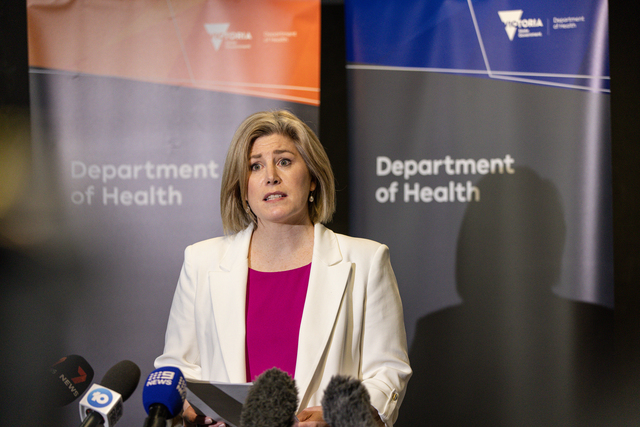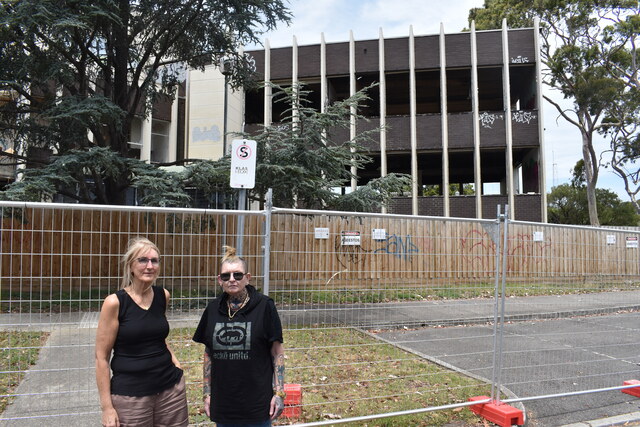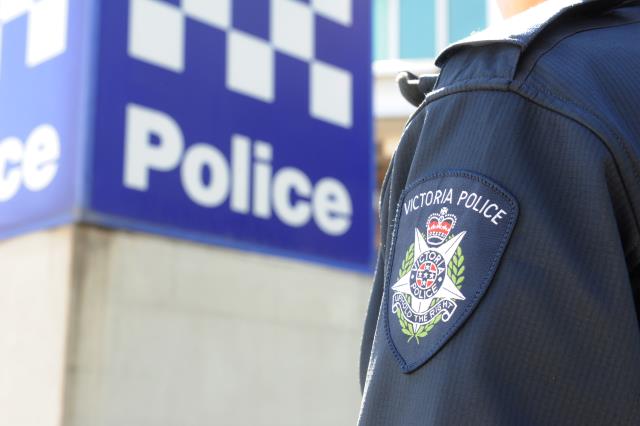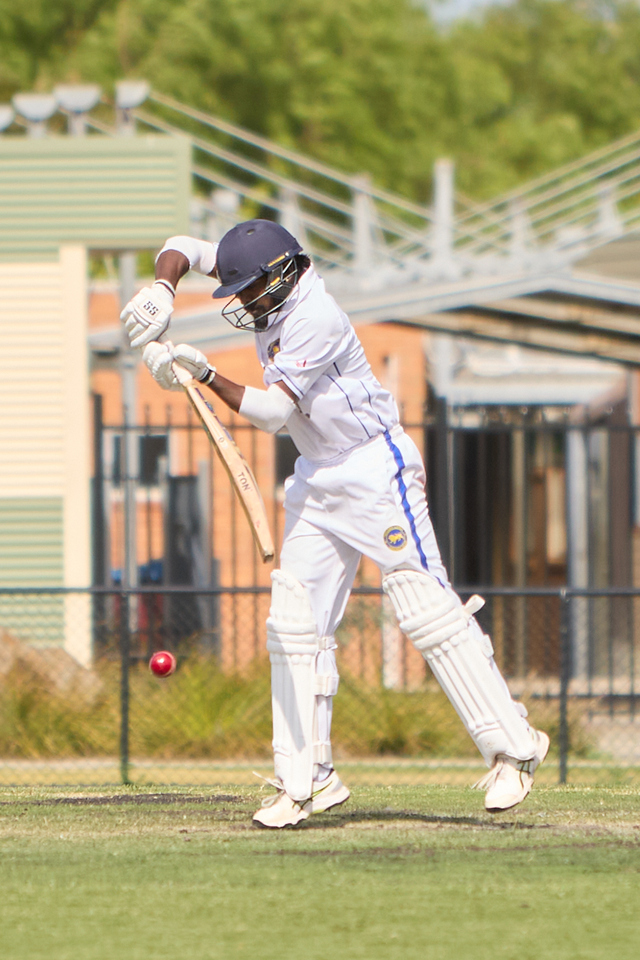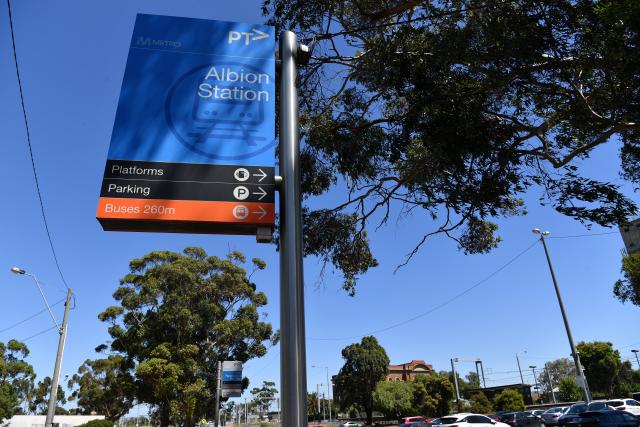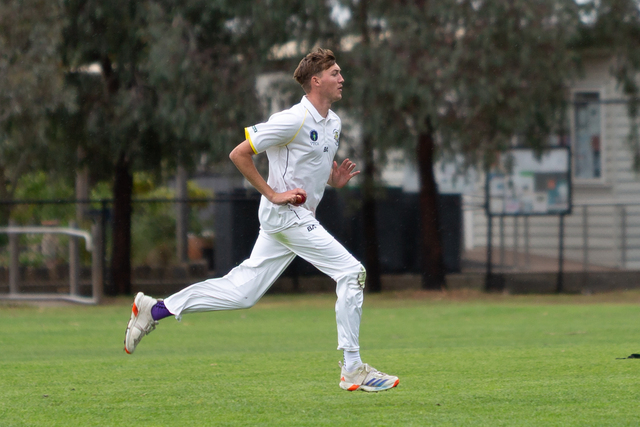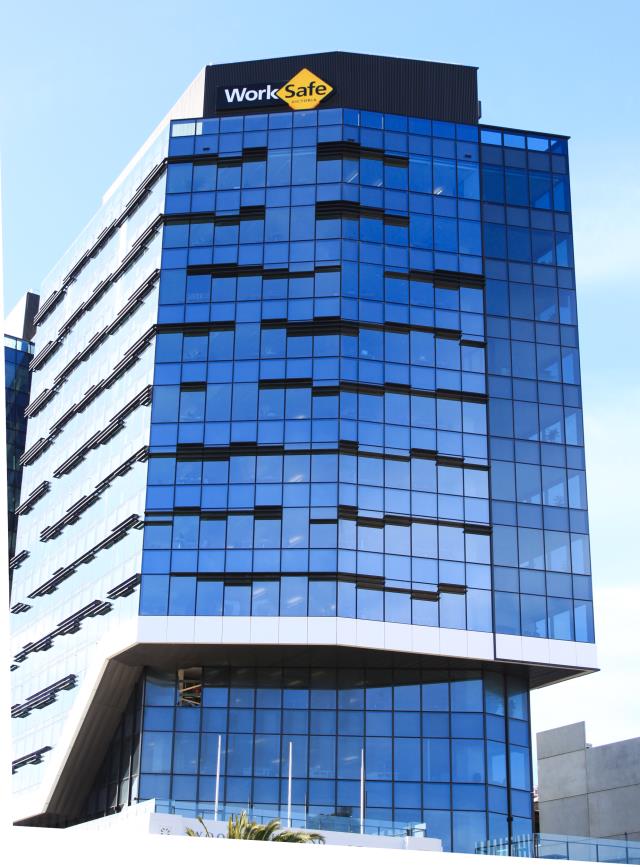Scientific testing has confirmed the suspected source of a deadly Legionnaires’ disease outbreak, as the case count surpasses 100.
Victorian authorities on Friday said genomic testing at a Laverton North site had been compared to samples from patients, proving a cooling tower in the suburb as the origin of the disease cluster.
The test results were revealed by Victoria’s Chief Health Officer Clare Looker.
“Those sequences are all very closely related genomically and in fact form one single genomic cluster.
“I can now say, with a great deal of confidence, that we have identified and already treated the source of this outbreak.”
Authorities have not provided the exact location of the cooling tower.
Two people, a man in his 60s and a woman in her 90s, have died after contracting the disease.
There have been 107 confirmed cases of the disease since July 26, and 103 of those have spent some period of time in hospital.
“This shows a trending down in case numbers notified compared to earlier last week, and I’m confident we’re now past the peak of cases,” Dr Looker said.
The outbreak source was a “big site” and similar cooling towers were typically found at shopping centres and workplaces, she said.
Genomic testing confirmed a number of legionella infections occurred several kilometres from the site, with authorities urging people in the Derrimut and Laverton North area to be particularly aware.
Most cases appear to have been exposed between July 5 and 20, with symptoms appearing on or after July 15, Dr Looker said.
Cleaners visited the Laverton North site on July 31, five days after the outbreak began, to disinfect the tower, which is among 70 towers visited since the outbreak began.
Investigations into how the bacteria grew are continuing and the cooling tower’s operator is co-operating with authorities.
Legionnaires’ disease is caused by a specific bacteria, found in natural bodies of water, spas, warm water systems, potting mix and artificial systems that use water for cooling.
The fatality rate for the disease is about 10 per cent and symptoms can include pneumonia, chest infection, aches, headache, fever, cough and chills.
People most at risk are adults aged over 40 – especially those with other medical conditions – people who are immunocompromised, or those who smoke.
Authorities are urging anyone who has visited Melbourne since mid-July to seek medical advice if they develop Legionnaires’ symptoms.

